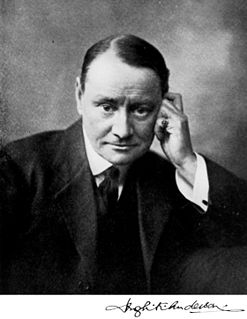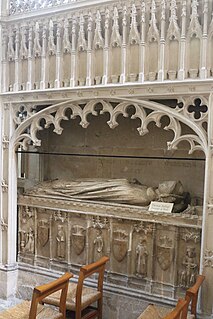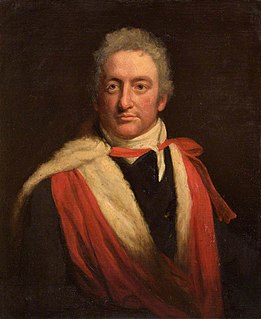
Benedict Chapman (January 1769, [1] Norwich? – 23 October 1852) was a college master at the University of Cambridge and an Anglican rector. [2]

Norwich is a historic city in Norfolk, England. Situated on the River Wensum in East Anglia, it lies approximately 100 miles (161 km) north-east of London. It is the county town of Norfolk and is considered the capital of East Anglia, with a population of 141,300. From the Middle Ages until the Industrial Revolution, Norwich was the largest city in England after London, and one of the most important.

The University of Cambridge is a collegiate public research university in Cambridge, United Kingdom. Founded in 1209 and granted a Royal Charter by King Henry III in 1231, Cambridge is the second-oldest university in the English-speaking world and the world's fourth-oldest surviving university. The university grew out of an association of scholars who left the University of Oxford after a dispute with the townspeople. The two 'ancient universities' share many common features and are often referred to jointly as 'Oxbridge'. The history and influence of the University of Cambridge has made it one of the most prestigious universities in the world.
A rector is, in an ecclesiastical sense, a cleric who functions as an administrative leader in some Christian denominations. In contrast, a vicar is also a cleric but functions as an assistant and representative of an administrative leader. The term comes from the Latin for the helmsman of a ship.
After education at Dr. Parr's school in Norwich, Chapman matriculated at age 17 on 10 May 1787 at Gonville and Caius College, Cambridge and graduated there B.A. (6th Wrangler) in 1792, M.A. in 1795 and D.D. (Lit Reg.) in 1840. At Gonville and Caius College he was made Fellow from 1792 to 1820, Dean in 1797, Steward in 1799, Bursar from 1805 to 1807, and College Master from 1839 to 1852. In 1794 he was Usher and Second Master at the Perse School. As an Anglican, Chapman was ordained a deacon (at Ely) on 15 June 1794 and a priest on 22 May 1796. From 1818 to 1852 he was Rector of Ashdon, Essex. He gave £1000 to the College Building Fund and in his will made a bequest to the Norrisian Professorship of Divinity.

Samuel Parr, was an English schoolmaster, writer, minister and Doctor of Law. He was known in his time for political writing, and (flatteringly) as "the Whig Johnson", though his reputation has lasted less well than Samuel Johnson's, and the resemblances were at a superficial level; Parr was no prose stylist, even if he was an influential literary figure. A prolific correspondent, he kept up with many of his pupils, and involved himself widely in intellectual and political life.

Gonville & Caius College is a constituent college of the University of Cambridge in Cambridge, England. The college is the fourth-oldest college at the University of Cambridge and one of the wealthiest. The college has been attended by many students who have gone on to significant accomplishment, including fourteen Nobel Prize winners, the second-most of any Oxbridge college.

The Perse School is a co-educational independent day school in Cambridge, England. Founded in 1615 by Stephen Perse, its motto is Qui facit per alium facit per se, taken to mean 'He who does things for others does them for himself'. The School began accepting girls at 11 and 13+ in September 2010 and was fully co-educational by September 2012.









